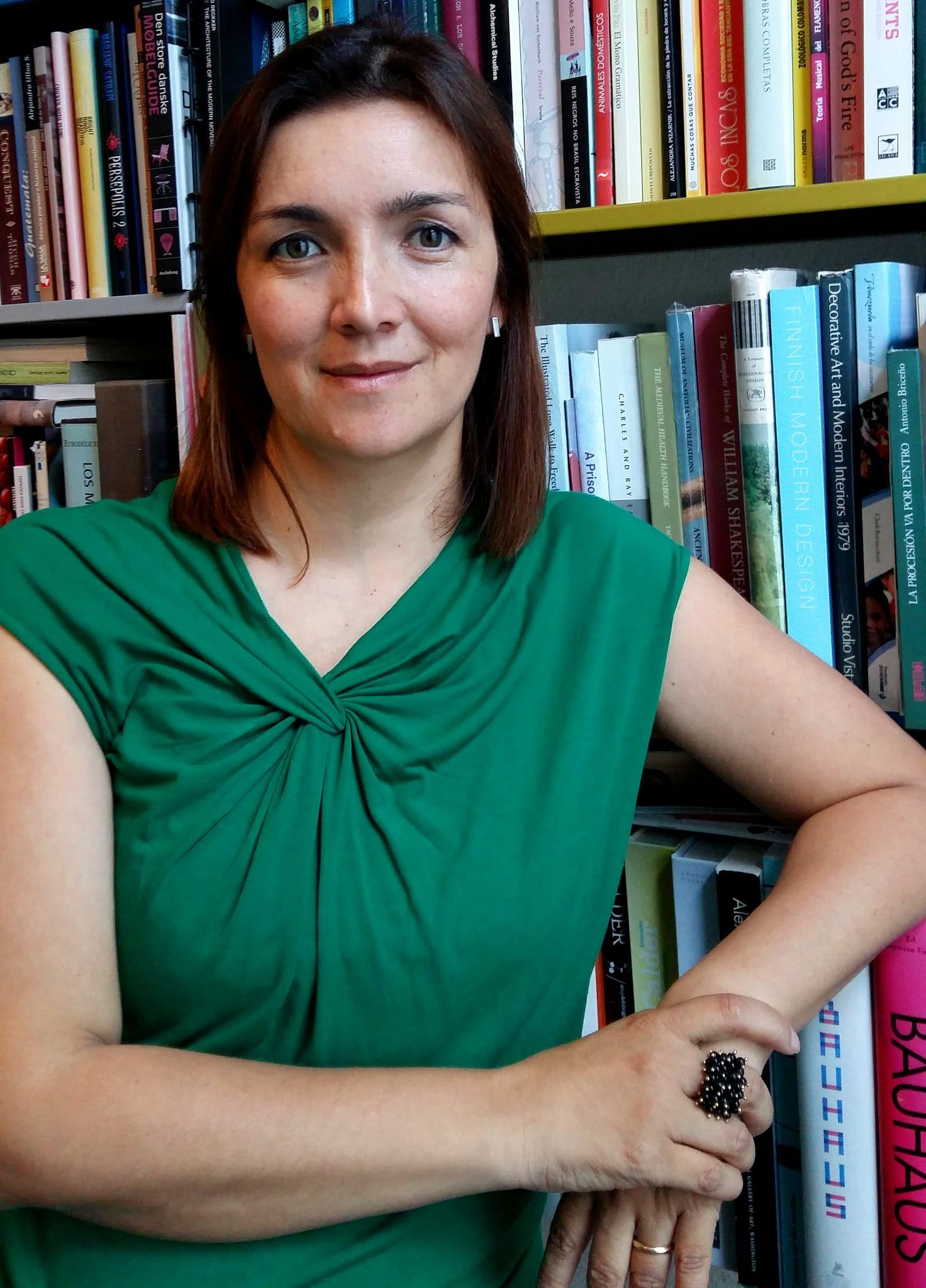It is critical that government, industry and academia engage in national effort to successfully develop and adopt carbon capture and storage technology in the Netherlands, writes Andrea Ramirez.
Andrea Ramirez
Last month, Minister Kamp of Economic Affairs informed Parliament of the decision taken by UNIPER and ENGIE, two large power companies, to stop the Rotterdam Capture and Storage demonstration project (ROAD). This project would capture 1.1 million tonnes of carbon dioxide (CO2) from a new coal power plant in the Maasvlakte, transport it through a pipeline and store it in an almost empty gas field under the North Sea.
Although the decision to cancel ROAD was not fully unexpected – the final investment decision had already been postponed for a couple of years – it remains disappointing as it is a step backwards in the development of Carbon Capture and Storage (CCS) in the Netherlands and Europe.
To be clear, CCS is not the silver bullet to climate change: there is no silver bullet. CCS, however, has the potential to significantly reduce CO2 emissions in sectors where very few alternatives exist, such as the steel, cement and fertiliser production sectors.
Furthermore, the combination of CCS and biomass is now regarded as one of the few technologies that could remove historic CO2 emissions from the atmosphere. Results in the Intergovernmental Panel on Climate Change’s (IPCC) last report show that of 116 scenarios, 101 strongly relied on the combination of biomass and CCS to obtain net subtraction of CO2 emissions from the atmosphere after 2050. If the target of capping global warming is even more ambitious capping it at 1.5 ᵒC, the need for negative emissions will be even greater.
ROAD was a milestone, one that was almost reachable. But almost is not good enough.
Despite its potential, CCS is rolling out very slowly. When it comes to innovation, Europe is becoming known as the land of perpetual CCS pilot projects. However, there is only so much that can be learned from laboratory experiments, pilots and computer simulations. Learning needs scaling-up and working under ‘real’ conditions. Demonstration projects enable participants to gain technical, organisational, policy, and market knowledge.
ROAD was a milestone, one that was almost reachable. But almost is not good enough. Time is running out for learning how to make large-scale CCS a reality, and this will have major implications on our ability to reach climate targets.
At TU Delft we will therefore continue to do research on CCS, but it is critical that government, industry and academia jointly engage in a coordinated and determined national effort to successfully develop and adopt CCS technology in the Netherlands. Our commitment to decarbonise the Dutch industrial and power sector needs to be translated into demonstration projects that provide the lessons and insights needed to roll out the technology. Large-scale CCS will take time to properly implement. The future is decided by the actions we take today.
Prof. Andrea Ramirez
Chair on low carbon systems and technologies
Faculty Technology, Policy and Management – TU Delft
Also read [Dutch]: ‘Wees je bewust van je reislust’



Comments are closed.